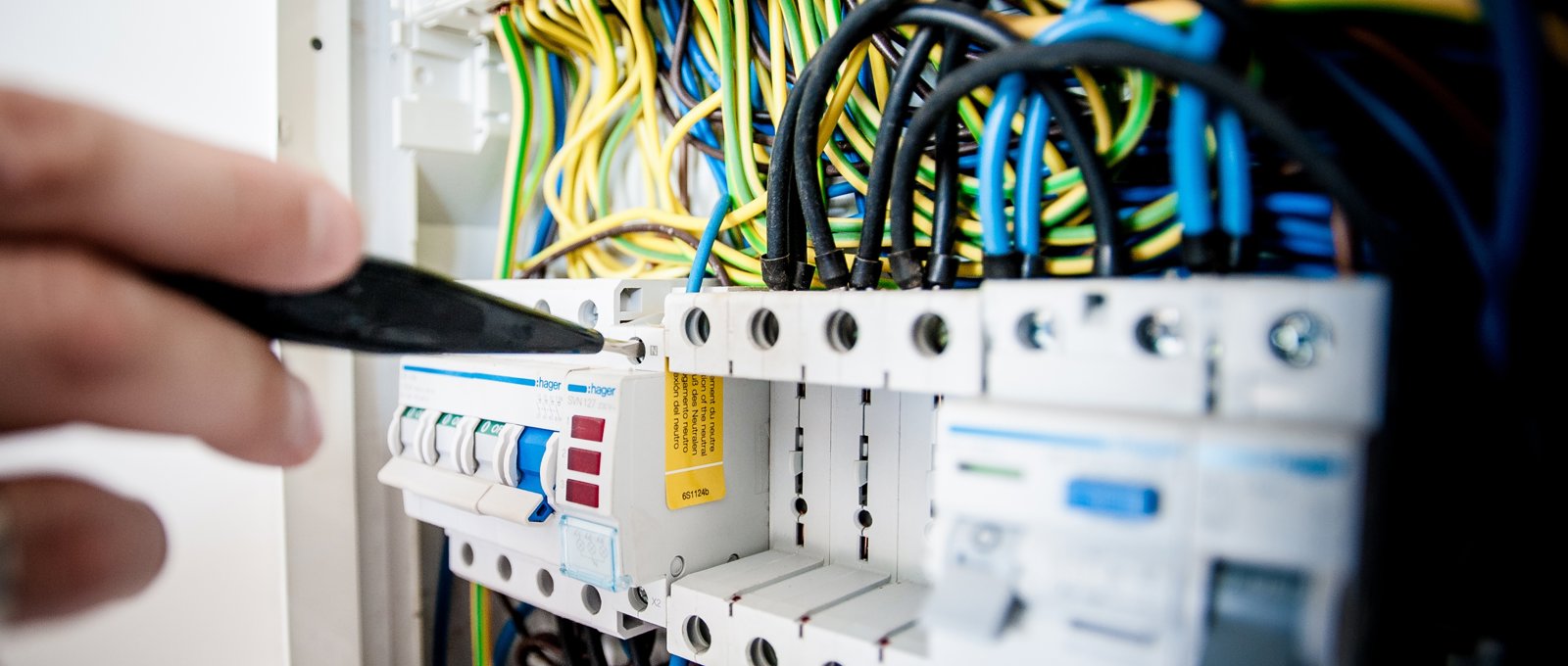Every year, around 70 people die and 350,000 are seriously injured by electrical accidents in their home. Shocking, right? We know it can be tempting to save money and time by ‘having a go’ at electrical work yourself in your home, but if you’re not a qualified electrician, you might injure yourself or damage your home. A good rule of thumb is – if you have to Google how to do it, it’s probably not something you should be doing yourself!
It’s also worth remembering that DIY can end up costing way more than you’d save by hiring a professional – a whopping 98% of electricians said they’d had to repair an issue caused by people trying to do their own electrical work and getting it wrong.
We have a responsibility as your landlord to do our bit to keep you safe – we test the electrics in every property before it’s let, and do another test every five years, in line with national guidelines. If your property is due a test, we’ll send you a letter and a leaflet and make an appointment to visit your home.
We know you might want to make changes to your home by doing things like moving light switches or adding extra sockets. This can make a real difference to your enjoyment of your home and we want to support you to do this safely – all you need to do is fill in this form, and then wait for us to approve it. We’ll ask you to make sure the work is done by a qualified electrician, and we will ask to see the certificate of works and come and take a look once it’s done.
There are other things you can do to keep yourself and your home safe:
Register your electrical goods
You can register electrical goods with the manufacturer so you’re notified if they’re ever recalled for safety reasons – it’s quick and easy to do, and it means you’re protected from using a faulty or dangerous product. Whether it’s a phone charger or a tumble dryer, it could still pose a risk to your home, so it’s worth taking the time to do. A good starting point is the Electrical Safety First website, which signposts you to the right place to register your goods.
Don’t overload sockets or extension leads
Make sure your sockets aren’t overloaded with high current items – you can find a socket calculator here. Overloaded sockets are more likely to become damaged and overheat, which means the socket itself might stop working, catch fire, or damage the products plugged into it.
Never ‘daisy chain’ extension leads by plugging one into another. They’re available with a variety of lead lengths so you don’t need to do this.
Never tamper with electricity sources
We’ve been made aware of some incidents in our areas where Western Power distribution equipment has been tampered with, likely in an attempt to get free electricity or to trick a meter into giving a false lower reading. Not only is this illegal, it’s also incredibly dangerous to you and the other people whose electricity comes from these sources. This sort of tampering can lead to electrocution, power outages and fires.
Of course, there are other consequences as well as the severe health and safety risk that electricity theft poses. The household responsible will be expected to pay back the costs of the stolen power. If someone in a Futures home was discovered to be stealing electricity, they may also be in breach of their tenancy agreement and could face legal action.
If you have any questions about electrical safety or how to keep safe in your home, feel free to get in touch.




